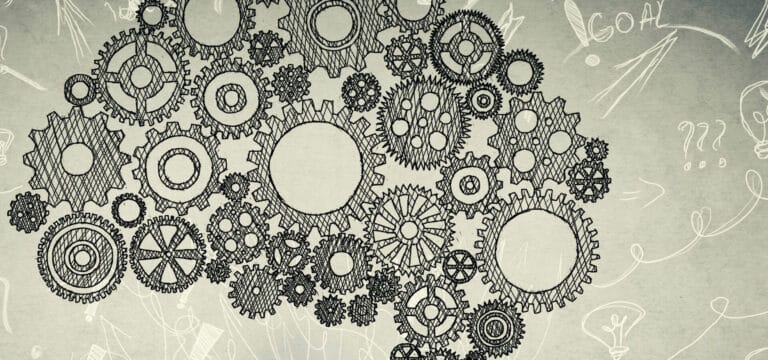Our young adults are all intelligent and capable people who seek more out of life than they currently are experiencing- they’re curious, motivated, and willing to do the work to achieve their goals.
Participants often are looking for support in executive functioning (things like time management, organization, getting efficiently from point A -> point B) and support in reaching their goals toward independence. We often help folks with housing, job search, their collegiate track, and getting involved in their community.
Our young adults have received diagnoses or a combination of issues including depression, anxiety, ADD, and ASD to name a few.
Some of our young adults have been in treatment for eating disorders, mental health concerns, or substance use in the past.













